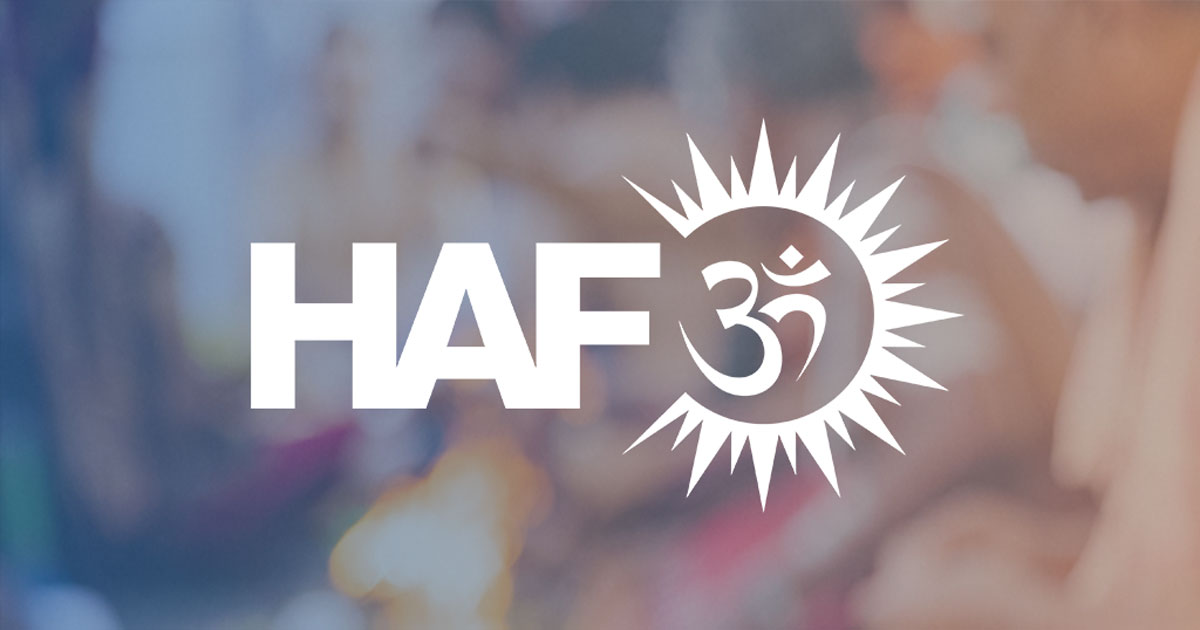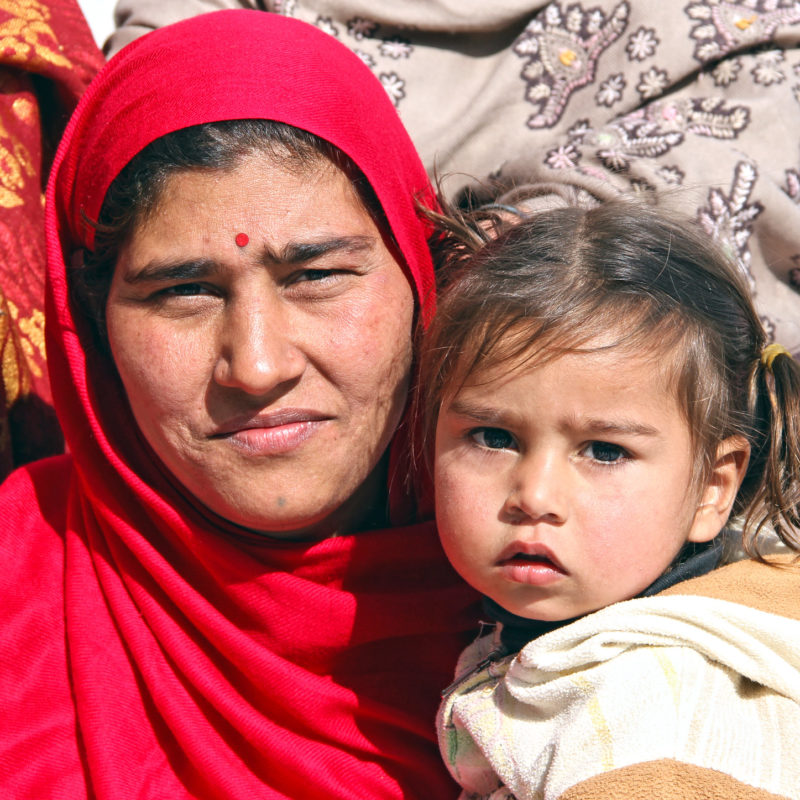
Is it moral to celebrate a person's death, even if he is guilty of heinous crimes?
The world’s most wanted terrorist, Osama bin Laden, was killed Sunday by a team of U.S. Navy SEALS in Abbottabad, Pakistan. Almost immediately after the news of his death broke, jubilant crowds gathered at the White House, Ground Zero and sites around the country. Secretary of State Hillary Clinton said the families of 9/11 “can take some comfort in the fact that justice has been served.”
Often it seems that rhetoric rather than actual deeds define the focus of evil or hate in our times. In the 70’s we obsessed over the Ayatollah in Iran and the 80’s were defined by Reagan’s attribution of the Soviet Union as the “focus of evil in the modern world.” Osama bin Laden’s demise eliminates the latest manifestation of the diabolical in our times; and history tells us only that this void will soon be filled by another antagonist to divert our attention.
And so it is to me that exultation over bin Laden’s death appeals to that same primal void once filled by the satisfaction of just revenge and returns–but like all good things, it cannot last. I see mostly teenagers and young adults whooping and hollering, and it is clear that this is a cathartic moment for these children of 9/11, whose childhood was defined by al Qaeda as mine was by the existential communist threat.
Enjoy the momentary relief, the satisfaction of just return, but focus we must on what this all means. For a Hindu view of death is not rooted in permanence, pearly gates, or paradise, but rather as a transition point where karmic equations will determine the next life’s trajectory towards eventual moksha--or liberation. Countless bin Ladens will come and go, and while Americans should rightfully celebrate the success of U.S. Armed Forces and a President who actually can say “Mission Accomplished” for this one mission, what truly matters is what bin Laden’s death means now.
Will the decapitation of al-Qaeda eliminate the threat of extremist terror? Will this killing render the Afghan war redundant? Can our collective attention leave the Middle East, and which region is most likely to become our national priority?
It seems more clear today that the American foreign policy problem is moving further East—that in his death, bin Laden has dragged our country directly within the borders of Pakistan. Elements within Pakistan, now don the mantle of the new “focus of evil.” Not a single political leader or analyst can excuse the reality that bin Laden likely lived, and was sheltered by elements of the government in Pakistan for most of the past decade.
Beyond the collective sense of justice served, Hindu Americans I believe, see the reality of Pakistani complicity most acutely. The revulsion that Americans feel on hearing the word al Qaeda and Taliban, is the same visceral sense that Hindus and Muslims in India have long felt on hearing the names of Lashkar-e-Taiba or Harkat-ul-Mujhaideen that ravage India with terror attacks from the state of Jammu and Kashmir to Mumbai. Pakistan is ground zero for everyone of those purveyors of hate. Pakistan has major problems today–a dreaded spy network wedded to terror as a tool, a compromised army that wages proxy wars as a matter of policy, and a haplessly corrupt political elite–that has a rapidly growing nuclear arsenal very possibly as vulnerable as the house of cards on which that country stands. And that is all of our problem.
Osama bin Laden’s death brings back the immediacy of his terror, and may bring a measure of closure to his victims’ families. This is significant. And as I watch the rejoicing throughout the globe, I recall how far bin Laden fell from living the words of the Muslim weaver Kabir, educated by Hindu saints and Muslim mystics, whose eternally relevant poetry transcended all religions in 13th century India:
“When you were born, you cried, and the world rejoiced.
Live your life in such a manner that when you die, the world cries and you rejoice.”








































